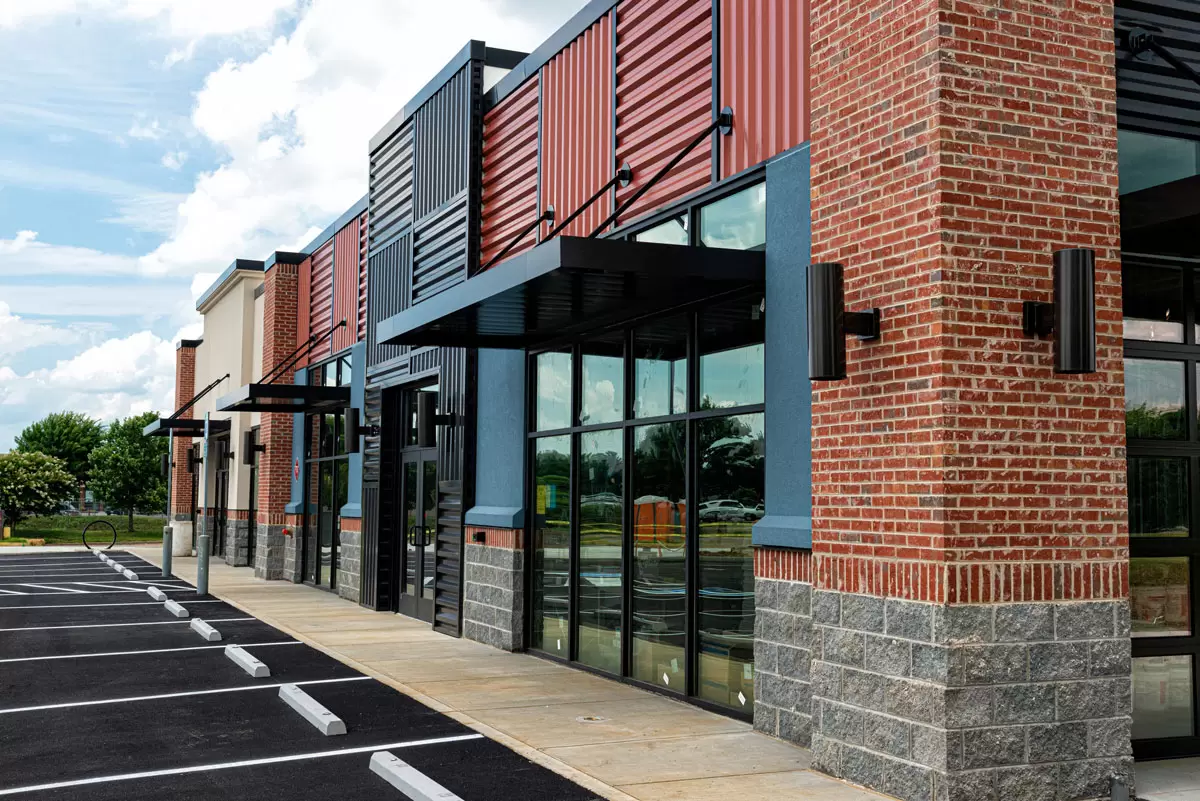Pros of Buying an REO
Most lenders prefer not to hold on to REO properties for long, so they typically list and sell them at a discount. As a result, buyers can often purchase these homes for a very reasonable price.
If the homeowner wasn’t underwater during foreclosure, REO properties are usually priced below their fair market value. The lender’s main goal is to recover the amount the borrower failed to repay, rather than securing the property’s full market value.
Lower prices mean you get more value for your money. Since lenders require a down payment and don’t offer loans covering the entire purchase price, the loan balance is often lower than the property’s market value. As a result, the lender’s minimum acceptable offer is typically below the home’s fair market value, allowing you to get more for your investment.
REO properties, priced lower, can also lead to higher profits if you choose to resell them after making repairs or upgrades.
In most cases, REO properties are free of outstanding liens or unpaid taxes, as foreclosure clears junior liens. Lenders usually pay off any remaining property taxes before listing an REO for sale to ensure a smooth transfer of ownership.
However, it’s still wise to perform a title search to verify the property has a clear title and that taxes are current. A title search reviews public records to confirm all liens are settled. Unlike buying at a foreclosure auction, where title issues can be riskier, performing a title search for an REO purchase is standard practice. It’s also advisable to purchase an owner’s title policy for protection against any future title problems.
Another advantage of buying an REO property is the negotiation process, which is typically more straightforward. With no homeowners involved, there’s less emotion or personal attachment to the property, making the process easier and more detached.












